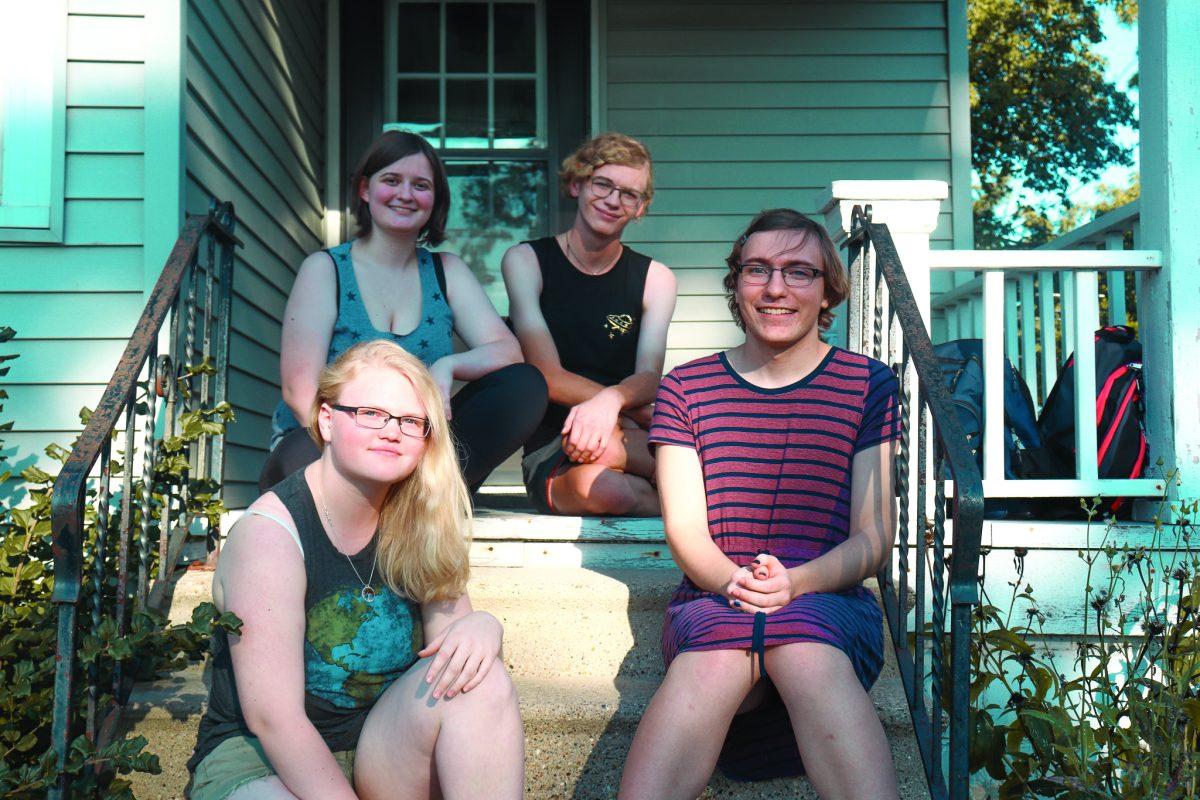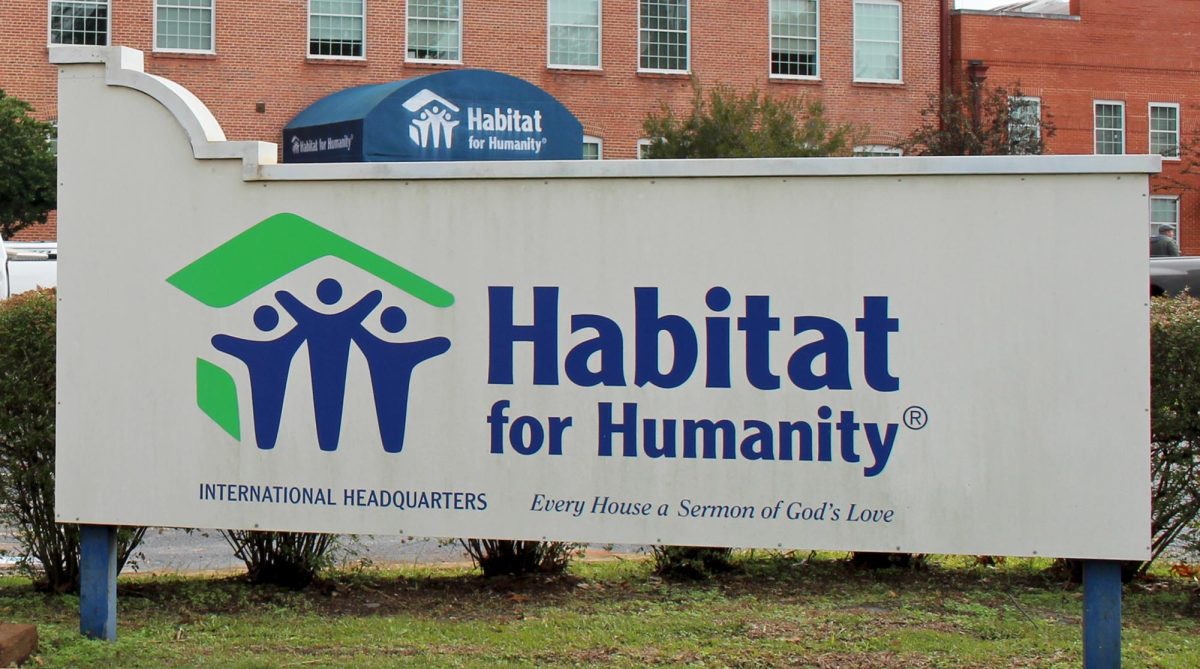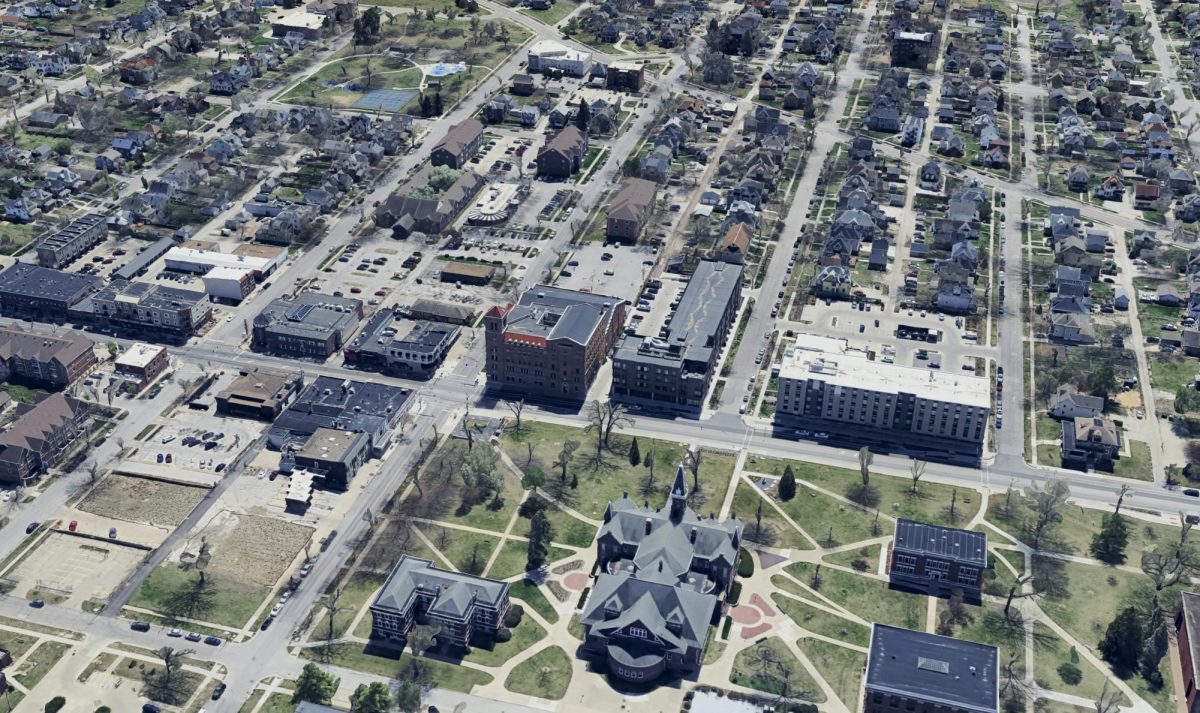The Human Rights Campaign gave the city of Des Moines a score of 97 out of 100 for laws, policies and services for the inclusivity of LGBTQ people. The organization gives cities rankings based on laws and policies that protect LGBTQ people. The score is broken down into categories of non- discrimination laws, municipality as employer, municipal services, law enforcement and relationship with the LGBTQ community. Des Moines received 93 out of the 100 points available and was given four bonus points.
Organizations like One Iowa, The Project and Downtown Disciples exist within Des Moines for the purpose of helping and advocating for the LGBTQ community.
According to their mission statement, One Iowa is a“ statewide lesbian, gay, bisexual, transgender and queer/questioning (LGBTQ) organization preserving and advancing equality for LGBTQ individuals through grassroots efforts, advocacy and education.”
One Iowa is based out of Des Moines and advocates for the LGBTQ community by educating and training Iowans.
Unlike One Iowa, The Project is a health care service that specializes in HIV services.
“The goal of The Project of PHC is to provide confidential, free or low cost services to help people living with HIV move through the stages of HIV medical care,” according to the official statement on the PHC website.
The last organization is Downtown Disciples, which is is a progressive Christian organization that meets at different places for their gathering and worship.
According to the Downtown Disciples’ website, “Downtown Disciples is a progressive Christian community and urban ministry, ‘doing justice, loving kindness and walking humbly’ together in Des Moines, Iowa. We are LGBTQ + affirming and we proclaim #BlackLivesMatter.”
When it comes to the social life of the LGBTQ community in Des Moines, a lot of it is geared toward adults. Bars like The Blazing Saddle, The Garden Nightclub and Lime Lounge are all geared towards individuals 21 years of age and up. The youth of the community are left with few places to gather, such as local Gay-Straight Alliances (GSAs) and college organizations to attend and find community.
On campus, Drake has one organization geared towards LGBTQ students, which is the Rainbow Union (RU). The club meets Wednesday nights at the CAYA “come as you are” house, where the goal is to advocate for, educate and create a social space for LGBTQ students. Another organization,One Voice, existed alongside RU but has since been absorbed into RU. One Voice was seen as an advocacy organization while RU served as a social club.
“We’re still trying to figure out our purpose,” RU President Isabelle Barrett said. “As president right now, the platform I ran on was, we need to get back to those advocacy roots, because we don’t have the luxury of just hanging out on this campus. We know that in the student health center, you have to mark male or female and they won’t be good about your pronouns. We can do something about that and we can have community and we can bond over the changes we are making.”
Although there are laws and policies in place to prevent discrimination, Des Moines has those who oppose the LGBTQ community. Safe spaces can be found in classrooms and at CAYA house, but there is a need for a place for youth to gather.
“I think what our community needs to continue doing and be more deliberate about is to find each other in organizations like this and going and taking over places and just inserting ourselves into those places and making them queer friendly,” Barrett said.







